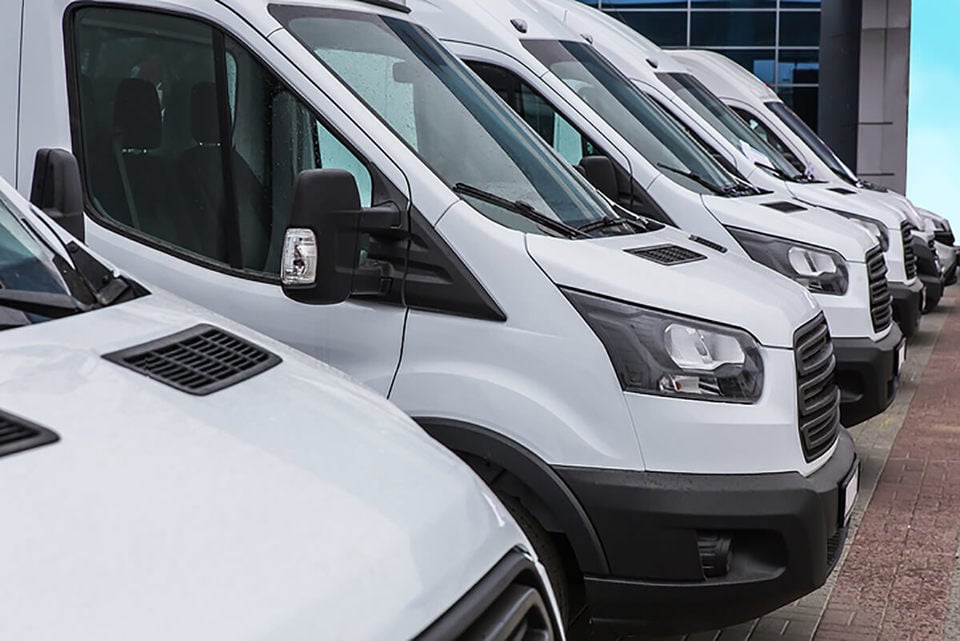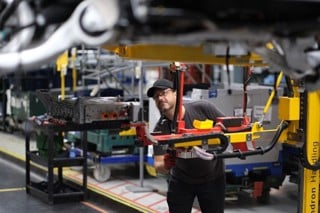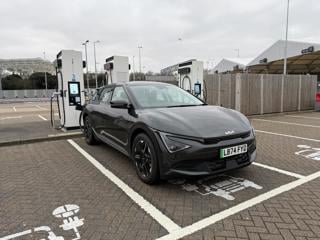The number of light goods vehicles (LGVs) on UK roads has increased by a third – more than 1.1 million vans and trucks – over the past decade, new vehicle licensing statistics published by the Department for Transport (DfT) show.
Since the end of 2014, the number of LGVs rose by 32% from 3.6m to 4.7m, yet cars rose by just 10% over the same period.
And in the past five years, the new DfT data shows that the number of LGVs has shot up by 14%, compared to cars going up by 3%.
RAC spokesperson Rod Dennis said: “While the number of cars on the road reached a record high last year of nearly 33.6m, the rate of growth over recent years hasn’t nearly matched that of new light goods vehicles, including vans, that have fuelled the boom in home deliveries.”
Conversely, the number of buses and coaches on the UK’s roads tumbled 16% from nearly 169,000 at the end of 2014 to just 141,300 at the end of last year.
Zero emission car increase

The vehicle licensing statistics also show that more than 314,000 new cars were registered with zero tailpipe emissions, an increase of 18%.
As a share of all newly registered cars in 2023, those emitting nothing at the tailpipe came in at 16%.
The data released today also shows that the number of privately-owned diesel cars in London tumbled by 20.3% last year, with those in outer London down by 23.7%.
Across the UK, the number of privately-owned diesel cars was down by 3.2%.
Jack Cousens, head of roads policy for the AA, said: “The demonisation of diesel vehicles in London, through measures like the Ultra Low Emission Zone and ramped-up parking charges, have slashed their numbers by more than a fifth. However, although there has been a decline in diesel vehicles across the UK, its superior fuel-efficiency ensures it is far from dead.”
However, the impact on the total car population in the capital was much less dramatic. While the total number of privately-owned cars increased across the UK, those in London fell by 1.6%. The worst hit was inner London with a 1.8% reduction.
“That in large part will be down to councils pushing up ownership costs through higher parking permit charges and other restrictions,” continued Cousins.
“Those car owners hardest hit will be in lower-income groups whose access to personal transport is now being squeezed.”
He says that these latest figures from the DfT show that the appetite for electric and zero emission vehicles is there, but it is predominantly being led by those who are in company car schemes, or their employer offers a salary sacrifice scheme.
“If strong incentives on EVs can be made, then the ZEV mandate will be smashed,” he added. “Manufacturers producing good offers as well as Government support, such as scrapping VAT on new EV sales, will help those with lower incomes play their part in the switch to zero emission driving.”

























Login to comment
Comments
No comments have been made yet.